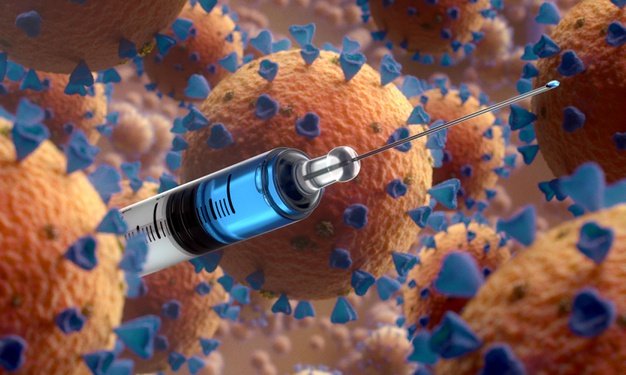
image courtesy: freepik
A recent Phase I clinical trial performed at the University Medical Center Hamburg-Eppendorf for a Middle East respiratory syndrome (MERS) vaccine has produced positive results that give hope that a vaccine candidate for COVID-19 can be developed using the same technique. This provides evidence that a coronavirus vaccine can be made that is both safe and triggers an immune response to the SARS-CoV-2 spike protein.
Johanna Swanson, Product Manager at GlobalData, comments: “While progress on any novel vaccine should not be expected any time soon - research for MVA-MERS-S began in 2014 - this vaccine is showing some promise. It is based on a method previously used as part of a smallpox vaccination and has shown favorable safety profiles in various populations. However, it may face challenges such as failure to promote and immune response to the correct target or an overactive immune response. To address these concerns animal testing should be done on the candidate vaccine and care should be taken in selecting the appropriate epitope.”
This MERS vaccine uses an attenuated modified vaccinia virus Ankara (MVA), which has been shown to be both safe and immunogenic in humans. The MVA has been modified to contain the protein components of the MERS coronavirus which mediate the MERS virus’ ability to attach and enter the host cells, thus making them a target for vaccine development.
MVA vaccine candidates have shown previous favourable safety profiles across various populations and in different disease settings. Following immunization, there were no serious events reported for acute reactions to the viral proteins. The vaccination also triggered both humoral and cellular immune responses to MERS-CoV spike proteins.
Swanson continues, “This clinical trial helps demonstrate the safety of the MVA-MERS-S vaccine, but there are still possible issues. There have been some concerns over coronavirus vaccines, as some previous attempts have resulted in the candidate vaccines triggering berserk immune responses in animal models when the hosts are challenged by the virus, causing lung damage in monkeys and liver damage in ferrets.”
Swanson continues, “While this clinical trial did not test the efficacy of the vaccine at preventing contraction of MERS, the antibody evidence provides hope that the MERS vaccine would provide some immunity of the host to the MERS virus.”
Swanson concludes, “This MVA vector used for the MVA-MERS-S vaccine can now be used as the basis for developing a COVID-19 vaccine by replacing the MERS-CoV S protein with the SARS-CoV-2 Spike (S) protein. This would allow for much more rapid vaccine development, and the response to the MVA-MERS-S vaccine provides proof of concept for a COVID-19 vaccine.”




